No products in the cart.
Sale
Alsactide | CAS No. 34765-96-3
Original price was: $5.00.$3.00Current price is: $3.00.
Alsactide is a synthetic peptide analogue of ACTH with strong activity on melanocortin 2 receptor (MC2R). It is widely used in CNS research, stress response models, adrenal regulation, and endocrine studies.
Description
Product Description
Alsactide (CAS No. 34765-96-3) is a heptadecapeptide analogue of adrenocorticotropic hormone (ACTH), designed to mimic the biological functions of endogenous ACTH while providing enhanced stability and selectivity. As an ACTH agonist, Alsactide activates the melanocortin 2 receptor (MC2R), the primary receptor responsible for stimulating the adrenal cortex to produce cortisol and other glucocorticoids.
Background and Discovery
ACTH is a pituitary hormone critical for the regulation of adrenal gland activity and plays a central role in the hypothalamic–pituitary–adrenal (HPA) axis. Dysregulation of ACTH signaling is implicated in disorders such as Addison’s disease, Cushing’s syndrome, and stress-related CNS dysfunctions. Alsactide was developed as a synthetic analogue of ACTH that preserves its receptor activity but offers better chemical stability for laboratory applications.
Structural Features
Peptide length: Heptadecapeptide (17 amino acids)
Core activity: Designed to mimic the functional domain of ACTH responsible for receptor binding.
Advantages over natural ACTH:
Higher chemical stability
Resistance to enzymatic degradation
Reliable activation of MC2R in vitro and in vivo models
Research Significance
Alsactide is widely applied in neuroendocrinology, adrenal physiology, and CNS studies. Its ability to selectively mimic ACTH makes it a valuable tool for:
Investigating stress response pathways
Studying adrenal hormone regulation
Modeling glucocorticoid release mechanisms
Exploring CNS disorders linked to HPA axis dysfunction
Applications in Disease Research
Central Nervous System Studies
Provides insights into the role of ACTH in brain function.
Used in research models of stress, depression, and anxiety.
Adrenal Function and Hormonal Regulation
Stimulates adrenal cortical secretion of cortisol.
Applied in experimental models of hypoadrenalism and adrenal insufficiency.
Endocrine and Metabolic Research
Helps clarify the connection between ACTH activity, glucose metabolism, and immune regulation.
Neuroimmunology
Useful in studying the interaction of stress hormones and immune responses.
Product Specifications
| Item | Details |
|---|---|
| Product Name | Alsactide |
| CAS No. | 34765-96-3 |
| Synonyms | Heptadecapeptide ACTH analogue |
| Molecular Formula | C77H109N19O22S |
| Molecular Weight | ~1667.9 Da |
| Compound Type | Synthetic peptide, ACTH agonist |
| Target Receptor | MC2R (Melanocortin 2 Receptor) |
| Mechanism | Stimulates adrenal cortex, promotes cortisol secretion |
| Appearance | White to off-white lyophilized powder |
| Purity | ≥98% (HPLC) |
| Solubility | Soluble in water, buffers, and DMSO |
| Storage | -20°C, desiccated, away from light |
| Stability | Stable for ≥12 months at recommended storage |
| Delivery Form | Sealed vials, lyophilized powder |
| Applications | CNS research, adrenal regulation, endocrine modeling |
Mechanism of Action
Alsactide acts as a selective ACTH receptor agonist. Its primary target is MC2R (melanocortin 2 receptor), which is highly expressed in the adrenal cortex.
Binding and Activation
Receptor binding: Alsactide binds to MC2R with high affinity.
Signal transduction: Activates Gs-protein signaling pathway.
Downstream effect: Increases adenylate cyclase activity, elevates cAMP levels, and triggers protein kinase A (PKA) cascade.
Hormonal Effects
Stimulates adrenal cortex to release cortisol, corticosterone, and aldosterone.
Enhances metabolic responses to stress.
Provides feedback regulation within the HPA axis.
CNS Relevance
Cortisol release impacts mood, cognition, and stress adaptation.
Alsactide serves as a research tool to probe neuroendocrine circuits.
Research Applications in Mechanistic Studies
Stress biology: Understanding how ACTH analogues affect CNS pathways.
Neuroendocrine disorders: Exploring altered ACTH signaling in psychiatric and neurological conditions.
Metabolism: Linking glucocorticoid signaling to energy balance and glucose homeostasis.

Side Effects
Although used exclusively in research, Alsactide’s biological profile suggests potential effects:
Endocrine Effects
Excess glucocorticoid production in models may cause Cushing-like symptoms.
Long-term exposure may disrupt HPA axis homeostasis.
Metabolic Effects
Altered glucose levels due to cortisol elevation.
Possible weight gain in animal models with chronic exposure.
CNS Effects
Behavioral changes linked to cortisol fluctuations.
Potential for anxiety or mood alterations in sensitive systems.
Gastrointestinal and Systemic Effects
Appetite modulation observed in experimental animals.
Possible changes in immune response due to glucocorticoid activity.
Laboratory Safety Notes
For research use only, not for human administration.
Peptide handling requires gloves and protective lab conditions.
Disclaimer
Alsactide is supplied strictly for laboratory research use only. It is not approved for clinical, diagnostic, or therapeutic applications.
Keywords
Alsactide, CAS 34765-96-3, ACTH agonist, heptadecapeptide, adrenal cortex research, CNS peptide, neuroendocrine model, melanocortin 2 receptor, HPA axis, glucocorticoid secretion.
Shipping Guarantee
We provide global secure shipping with:
Customs-cleared delivery worldwide
Compensation for loss or damage in transit
Fast, trackable international courier options
Transaction Guarantee
We support multiple safe and convenient payment options:
Bank Transfer (T/T)
PayPal
Cryptocurrency (BTC, ETH, USDT, etc.)
Flexible options on request
Additional information
| Weight | 0.8 kg |
|---|---|
| Dimensions | 56 × 28 × 56 cm |
2 reviews for Alsactide | CAS No. 34765-96-3
What is Alsactide?
A synthetic peptide analogue of ACTH used in research.
What is the CAS number?
34765-96-3.
Which receptor does Alsactide target?
It activates MC2R (melanocortin 2 receptor) in the adrenal cortex.
What are its main research applications?
CNS studies, adrenal regulation, stress biology, and endocrine modeling.
How does it work?
By binding MC2R, it elevates cAMP and stimulates cortisol release.
What form is it supplied in?
As a lyophilized powder in sealed vials.
What are potential side effects in research models?
Cushing-like symptoms, glucose imbalance, and behavioral changes.
Is it suitable for clinical use?
No, it is strictly for research purposes.
How should it be stored?
At -20°C, desiccated, away from light and moisture.
Why is it important for CNS research?
Because ACTH signaling is deeply connected to stress, mood regulation, and neuroendocrine function.

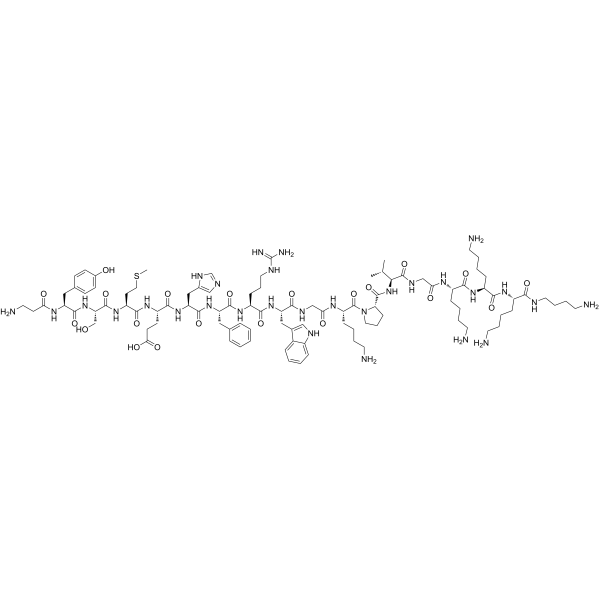
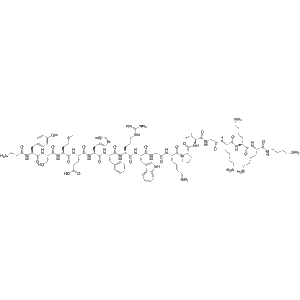


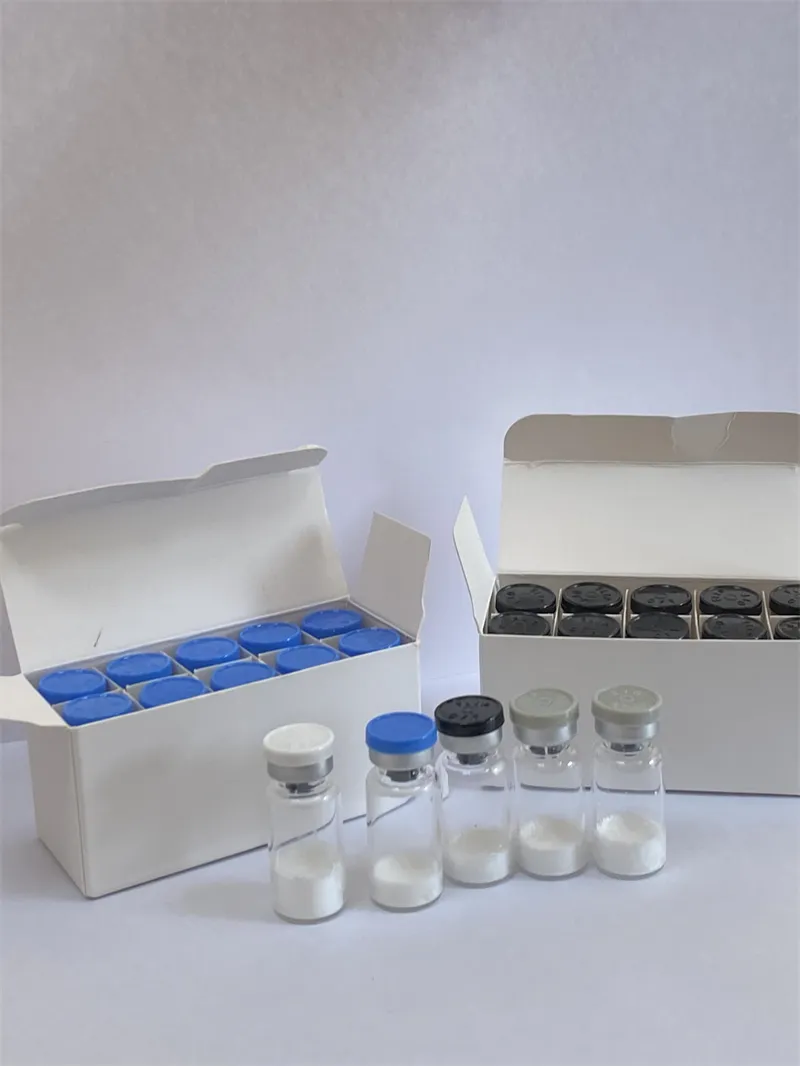
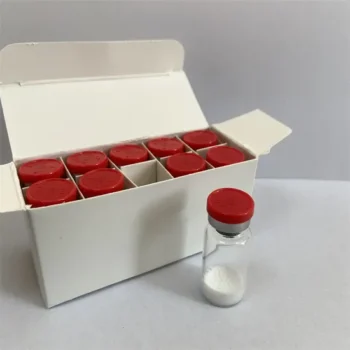



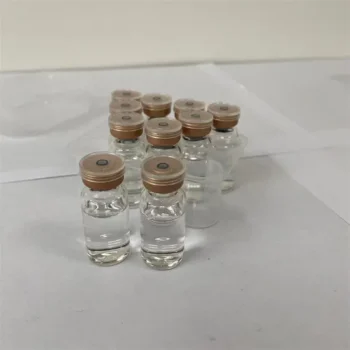
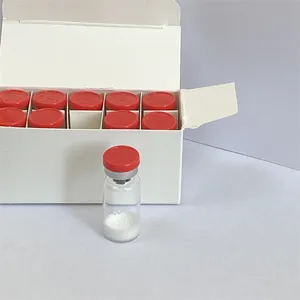
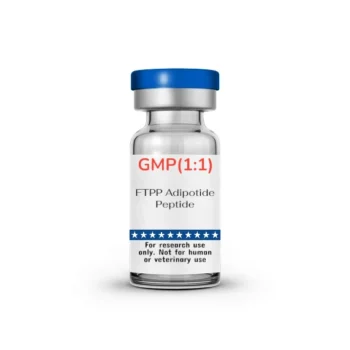
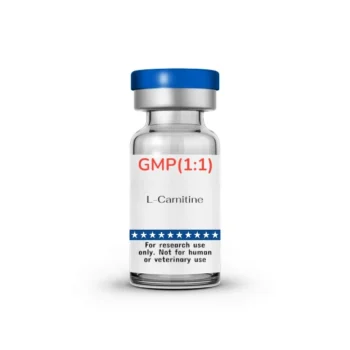
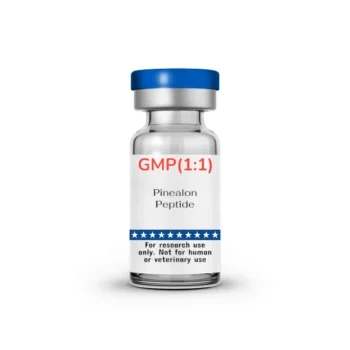


kgolaganomalepe –
The product arrived as described, with no discrepancies in quantity or packaging. Quality control appears to be handled carefully.
Haim –
When received the package, I was surprised,it was exactly what I wanted, and the price was what I wanted.